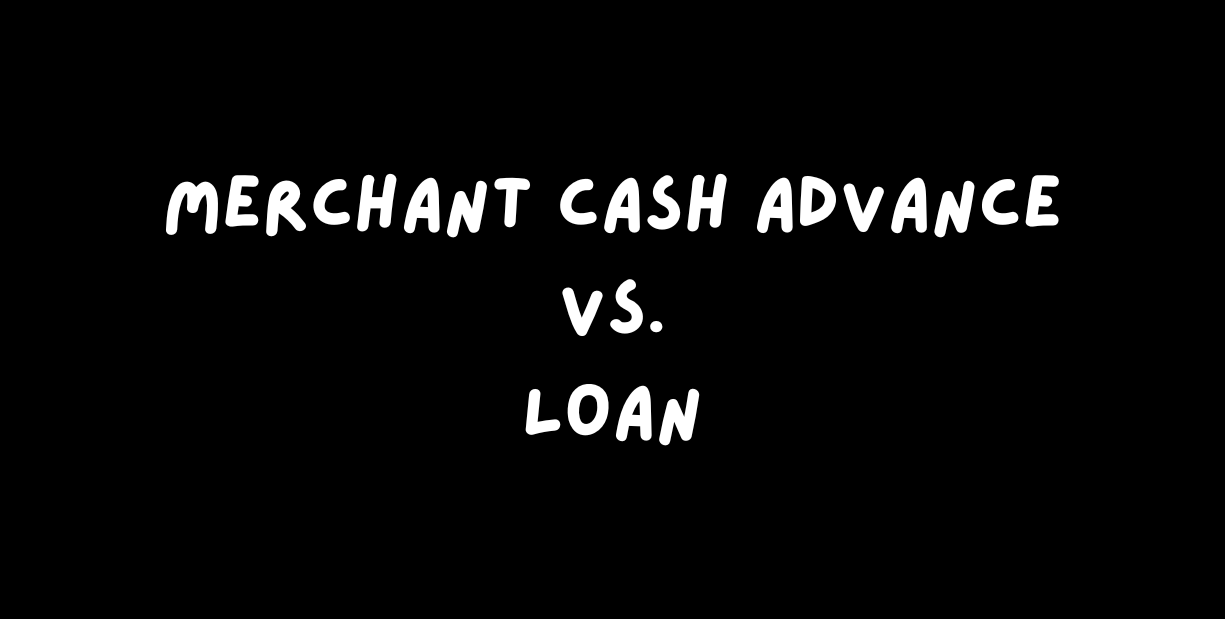Is a Merchant Cash Advance a Loan? Understanding the Difference
Is a Merchant Cash Advance a Loan?

What is a Merchant Cash Advance (MCA)?
If you've ever wondered whether a Merchant Cash Advance is a loan, you're not alone. Many business owners grapple with this distinction, and understanding it is crucial to making sound financial decisions.
MCA Basics: How It Works
An MCA provides immediate cash to businesses in exchange for a percentage of future revenue. Unlike traditional loans, the repayment is tied to daily or weekly sales, creating a dynamic repayment structure.Why Businesses Choose MCAs
MCAs are attractive to businesses needing fast funding without the lengthy approval processes typical of loans. No collateral? No problem—MCA providers focus on revenue, not credit scores.What Defines a Loan?
To differentiate, it helps to understand what qualifies as a loan.
Traditional Loan Structure
A loan involves borrowing a set amount of money with the agreement to repay it, plus interest, over time. Banks or financial institutions generally offer loans under strict guidelines.Regulatory Oversight of Loans
Loans are heavily regulated to protect borrowers. Interest rates, repayment terms, and disclosure requirements are all scrutinized under federal and state laws.Comparing Merchant Cash Advances and Loans
Now let’s get into the nitty-gritty. How do MCAs stack up against loans?Ownership of Future Receivables vs. Borrowing
MCAs are technically not loans because they involve selling future receivables rather than borrowing money outright.Repayment Structures
Loans have fixed repayment schedules, while MCAs are repaid through a percentage of daily sales, making them more flexible but potentially costlier.Interest Rates vs. Factor Rates
MCAs use factor rates, not interest rates. While it might seem like a minor difference, factor rates often result in significantly higher costs.Legal Classification: Is an MCA Considered a Loan?
This is where the distinction becomes crucial.
How Courts Interpret MCAs
Courts generally view MCAs as sales transactions, not loans, which means they are not subject to the same regulations. This loophole allows MCA providers more leeway in setting terms.Key Differences Under New York Law
In New York, MCAs are specifically treated as commercial transactions. This classification affects everything from how disputes are handled to what protections businesses have.Advantages of MCAs Compared to Loans
MCAs aren't all bad—they serve a purpose.
- Flexible Repayment Terms
- Quick Access to Funds
- No Credit Score Requirements
- Risks of Treating an MCA Like a Loan
- Confusion Over Terms and Obligations
- Hidden Costs and Legal Challenges
When to Choose an MCA Over a Loan
Understanding when to use an MCA can make or break your business.
Short-Term Needs vs. Long-Term Investments
If you need immediate capital for a short-term need, an MCA might be the better option. However, loans are better suited for long-term projects.Navigating Credit Challenges
If your credit score disqualifies you from a loan, an MCA could be your only viable option.How to Avoid Pitfalls in MCAs and Loans
Knowledge is power—don’t let confusion lead to costly mistakes.
Reading the Fine Print
Always read MCA and loan agreements carefully. Look for hidden fees and clauses that could hurt your business.Seeking Legal Guidance
Consulting an attorney ensures you fully understand your obligations and rights under either agreement.Conclusion: Know the Difference to Make Informed Decisions Merchant Cash Advances and loans are fundamentally different financial tools. Understanding these differences allows you to choose the option that best suits your business needs. Always approach such agreements with caution and seek professional advice when needed.











